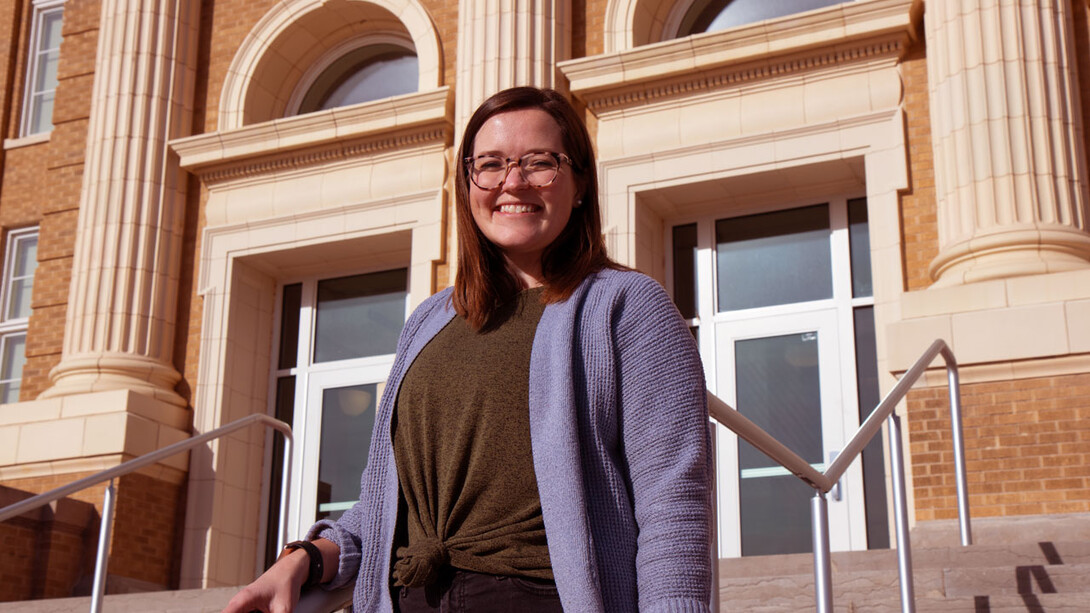
Children who possess strong social-emotional skills in elementary school tend to experience academic and personal success. Children lacking those skills, however, often experience adverse outcomes — both short- and long-term.
To improve outcomes for children, it is crucial to understand factors associated with positive social-emotional development.
Hannah Kerby, doctoral candidate in school psychology, is exploring how children’s social-emotional skills are influenced by their residential neighborhoods and whether quality teacher-student and parent-teacher relationships can build resilience for children.
Funded by the Society for the Study of School Psychology Dissertation Grant Award program, Kerby’s project will examine socioeconomic conditions of young children’s neighborhood environments and how those environments relate to their social-emotional development. Previous research has found socioeconomically disadvantaged neighborhoods tend to have negative effects on children’s social-emotional outcomes.
“I’m taking a resilience perspective to identify whether relationships that already exist in a child’s life — a child-teacher relationship, for example — might foster children’s social-emotional development in the face of socioeconomic risk,” she said.
Kerby will use a sample of 234 second-graders and their parents and teachers participating in Learning Frontiers, a federally funded study of early education practices and policies. Parents and teachers provided ratings of the teacher-student relationship, parent-teacher relationship and children’s social-emotional skills.
She also will use U.S. Census data to measure the socioeconomic conditions of children’s neighborhoods, including poverty levels, median household income, employment rates and neighborhood education levels.
“We know a lot about how children are influenced by smaller systems, such as the home or classroom environments, but we also need to understand how larger systems, such as neighborhood environments, are influencing children and their families,” she said. “That context is important and should be included in future research.”
Resilience, Kerby said, is a crucial theme.
“Many studies will identify settings that put kids at risk for negative outcomes, but then stop there,” she said. “I want to go further by understanding what processes are already happening in kids’ lives, which we can put efforts or intervention into to boost their resilience in the face of disadvantaged environments.”
Kerby experienced drastic change during her own childhood in Omaha, when she moved from a low-income to a high-income neighborhood.
“It was pivotal and definitely influenced my development,” she said.
Kerby plans to have findings within the year. She hopes to finish her analysis by this summer, and a final report by the end of the year.
“This will have a significant impact on our understanding of contextual factors influencing children’s development,” she said.







